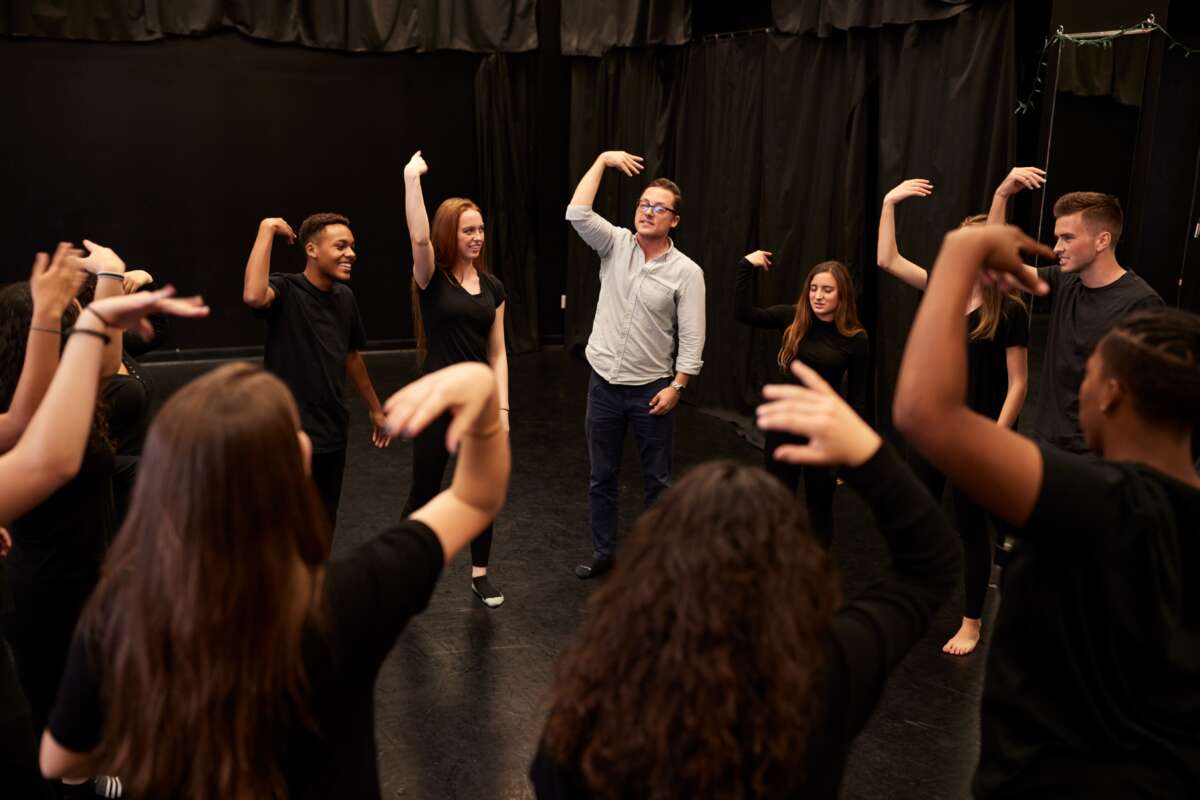In the first instalment of this three-part series responding to the Curriculum and Assessment Review, Professor Pat Thomson suggested that there were a number of ways to approach the notion of knowledge and a knowledge-rich curriculum. Her second instalment was a thought experiment in which she asked: what if we thought about the arts as knowledge rich? What could we say? The conceptual position paper published alongside the Curriculum and Assessment Review’s interim report earlier this year stated that the Review panel’s philosophical approach to its work was informed by Joseph Schwab’s conception of ‘the Practical’. In response, this final instalment asks: what does Joseph Schwab add to the idea of a knowledge rich curriculum?
The Curriculum and Assessment Review adopts Schwab’s conception of “the Practical” as its philosophical approach, explicitly rejecting “theory-instigated” reform that imposes idealised curricula or theory without considering existing effectiveness or classroom realities. Instead, the review embraces Schwab’s practical paradigm which begins with thorough investigation of current problems and issues, followed by deliberation over alternative solutions, an empirical approach that “uses evidence to detect and protect ongoing effective practice, while identifying areas requiring improvement.”
The Review positions teachers as “curriculum makers” who interpret and transform national curriculum content to “author instructional events” in classrooms, and frames curriculum knowledge through three elements: substantive knowledge (facts and concepts from disciplines); disciplinary knowledge (ways of knowing and reasoning); and knowledge for personal, social and cultural practices (application to real-world challenges). (See the links to the previous two articles above.)
However, while claiming Schwab’s framework, the review potentially underplays Schwab’s complex understandings of the deliberative processes and the sophisticated professional judgment required for curriculum-making that coordinates learner, teacher, subject matter and milieu and values each of them equally.
Schwab and teaching the Expressive Arts
Schwab saw teachers as intellectual equals to curriculum specialists. Teachers were highly capable, he said, of challenging, questioning assumptions, and contributing essential professional knowledge to curriculum development. Schwab argued that effective curriculum work extended far beyond simple curriculum “delivery” and required sophisticated capabilities to draw from multiple theoretical frameworks, synthesise diverse perspectives, and create coherent educational experiences from potentially conflicting sources.
Schwab was opposed to any suggestion that teachers were technicians – they were professionals capable of complex intellectual work, with a capacity for ongoing deliberation about curricular decisions. According to Schwab, this intellectual work could not be reduced to following prescribed sequences or implementing predetermined learning objectives. He positioned teachers as researchers of their own practice, capable of generating knowledge about “what we are doing, what we are not doing, and to what effect.”
This aspect of Schwab’s work is particularly relevant to Arts educators who understand that their work involves creative, interpretive, and context-sensitive processes that cannot be reduced to standardised formulas or mechanistic approaches.
Schwab’s call for educators to create their own concepts and frameworks rather than importing them from other disciplines speaks to Arts educators’ need for educational theory that understands the unique dimensions of artistic learning. For example, Eliot Eisner, a student of Schwab’s, said that the concept of “the arts of the eclectic” resonated powerfully with the Arts. Arts education pedagogies, he wrote, routinely draw together multiple theoretical frameworks, artistic traditions, cultural contexts, and disciplinary approaches to create meaningful learning experiences.
Arts educators know that curriculum frameworks can fail to capture the complexities of creative processes, aesthetic experiences, and artistic development. In contrast with content and outcome framings, Schwab’s framework supports the notion that the inherently interdisciplinary and multifaceted nature of Arts education requires equal consideration of:
- Learners: Individual and group artistic interests, cultural backgrounds, and creative developments
- Teachers: Professional artistic knowledges and pedagogical expertise
- Subject matter: The rich traditions, techniques, and concepts of various art forms
- Milieu: Community contexts, cultural environments and institutional processes
Arts educators need this, or another, practical theory that accounts for the non-linear nature of creative learning, the role of aesthetic experience in education, and the cultural dimensions of artistic practice – precisely the field-specific concept development that Schwab advocated as a professional practice.
Schwab’s writings are worthy of further exploration within and beyond the Curriculum Review. Arts educators can potentially find in Schwab one theoretical validation for their understandings of Arts teaching as creative, context-sensitive and requiring sophisticated professional judgment – qualities that are often undervalued in more mechanistic approaches to evidence.
Indeed, the Review has provided a rationale and an opening for further thinking in the company of Schwab.
Bibliography
Eisner, Elliot (1984) No Easy Answers: Joseph Schwab’s Contributions to Curriculum Curriculum Inquiry, 14 (2) pp. 201-210
Schwab, Jospeh J (1949) The Nature of Scientific Knowledge as Related to Liberal Education
The Journal of General Education 3 (4) pp. 245-266
Schwab Joseph J. (1958) On the Corruption of Education by Psychology The School Review 66 (2) pp. 169-184
Schwab Joseph J. (1959) The “Impossible” Role of the Teacher in Progressive Education The School Review 67, (2) pp. 139-159
Schwab, J (1973) The Practical 3: Translation into Curriculum The School Review 81(4) pp. 501-522
Schwab Joseph J. (1983) The Practical 4: Something for Curriculum Professors To Do Curriculum Inquiry 13 (3) pp. 239-265




